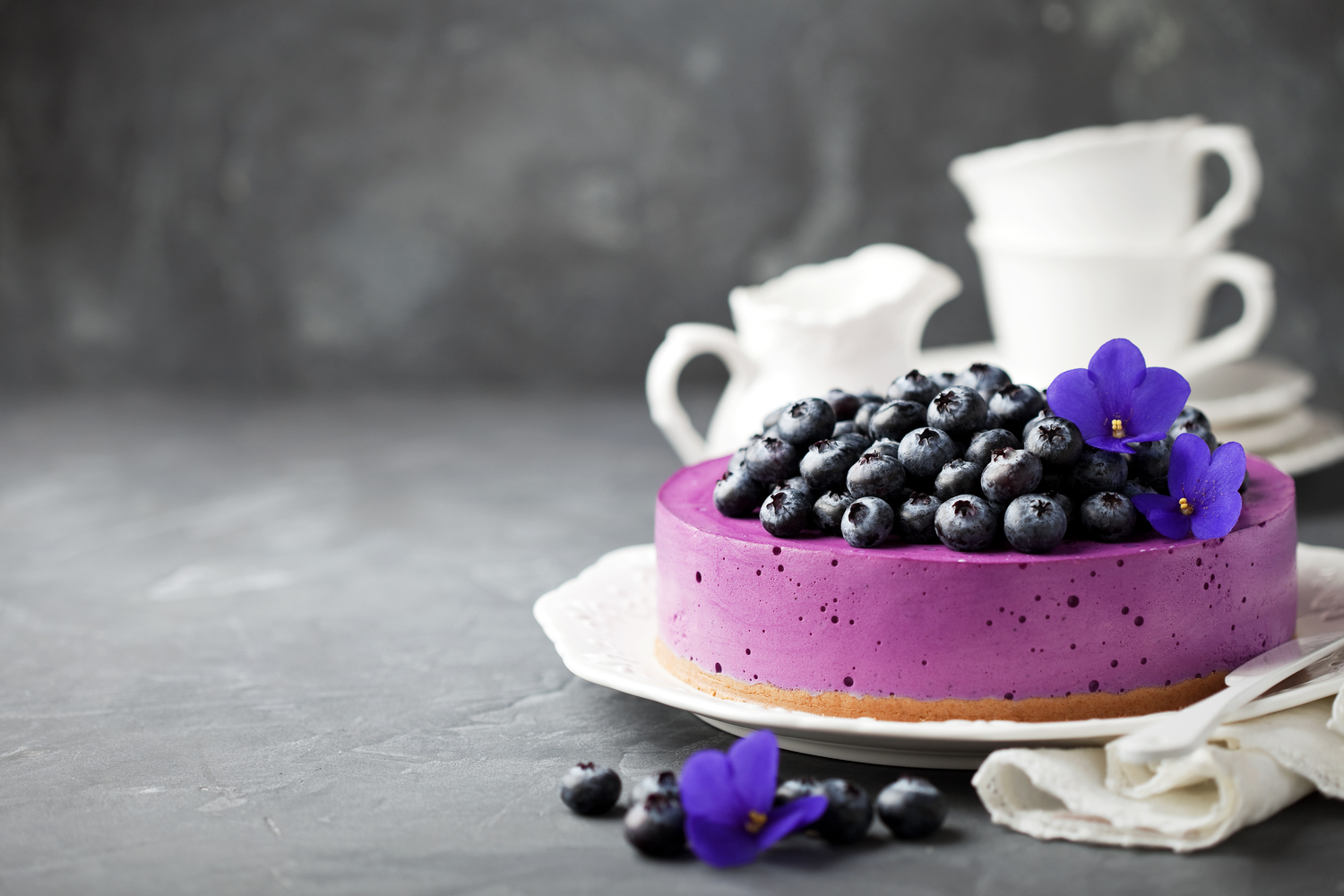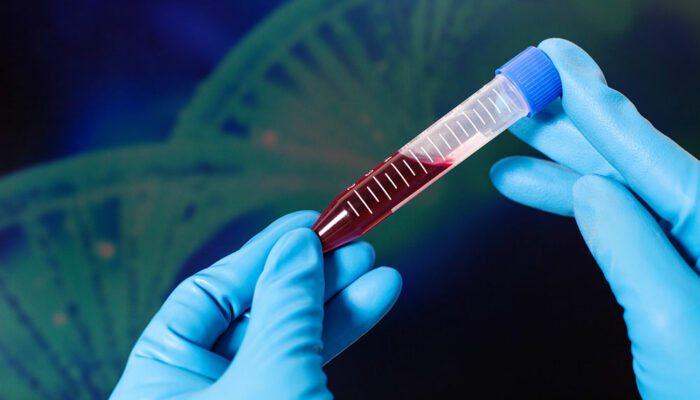
6 Superfoods to Help Fight Cancer
While medical research is often first to tell you what foods to avoid when it comes to cancer prevention—cured and processed meats, sugary sodas, red meat, and high salt foods—there is another side to that coin. Certain foods, though they can’t prevent cancer, do have some cancer-fighting benefits when they are featured regularly in your diet. In fact, scientific research shows that the following antioxidant-and-vitamin-rich foods can significantly minimize your risk of cancer development:
1. Tomatoes
Tomatoes get their bright red color from lycopene, a potent antioxidant when it comes to reducing the overall risk of prostate cancer. According to studies published by the American Institute for Cancer Research, diets rich in lycopene improve overall immune health while also interfering with endometrial, breast, and lung cancer cell development. Studies also show that you can get the most lycopene from your tomatoes when they are exposed to heat and consumed as sauce, soup, or juice.
2. Cruciferous vegetables
Broccoli, cabbage, cauliflower, and other veggies from the cruciferous family contain cancer fighting phytochemicals known as glucosinolates and sulforaphane, particularly when consumed raw. Glucosinolates and sulforaphane act as protective enzymes that are activated as they pass through the digestive system. Studies from the World Cancer Research Fund show that cruciferous veggies also act as natural detoxifiers, cleansing the body of harmful bacteria and pollution, thus protecting the bladder, liver, lungs, and more from developing cancer.
3. Spinach
This dark leafy green is a cancer-fighting powerhouse thanks to the lutein and zeaxanthin within. These carotenoids are often associated with boosting eye health; however, research shows that they also cleanse the body of free radical damage, which is linked to several forms of cancer. In fact, research published by the National Institutes of Health found that eating spinach daily safeguards against colorectal, endometrial, and ovarian cancers, particularly for women in their childbearing years.
4. Garlic
While you may want to avoid it on a first date, the sulfur compounds that cause the dreaded “garlic breath” actually have several different cancer-fighting benefits. Firstly, eating a minimum of 1 garlic clove daily can stop cancer cells from developing, according to the World Health Organization (WHO). Secondly, WHO data also notes that garlic destroys H. pylori bacteria, which is linked to colon, pancreatic, and breast cancers. However, garlic isn’t the only allium bulb with these benefits. Scallions, leeks, chives, and onions also contain these beneficial compounds.
5. Dark berries
Dark berries, particularly raspberries and strawberries, are rich in several cancer-fighting antioxidants (i.e., flavonoids, anthocyanins, vitamin C, and ellagic acid), which all stop the DNA cell damage linked to lung, throat, esophageal, and stomach cancers. In fact, all berries, including blueberries, cherries, blackberries, and cranberries, contain powerful antioxidants that fight chronic inflammation and cancer development, according to the American Institute for Cancer Research.
6. Pulses
Data collected by the American Institute for Cancer Research shows that pulses (i.e., dried beans, peas, and lentils) are powerful cancer fighting foods. Foods from the pulses family are loaded with dietary fiber, resistant starch, and phenolic compounds that support gut health, the microbiome, and cancer fighting gut bacteria that protects against colorectal cancer development.
If you have a family history of cancer, or are currently being treated for cancer using virotherapy or clinical trials for cancer, talk to your healthcare provider about how minor dietary changes can boost your immune system and help fight cancer.



